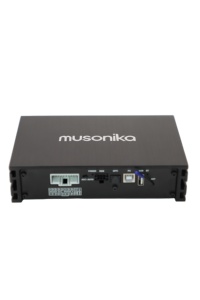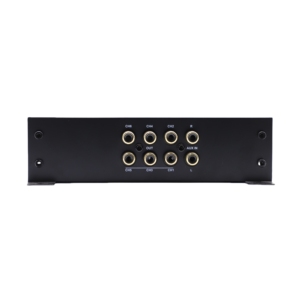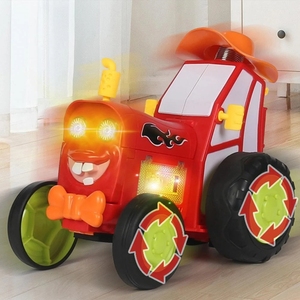Understanding RC Car Sound
Remote Control (RC) cars have become a favorite pastime for enthusiasts and hobbyists alike. A significant aspect that elevates the experience of operating these miniature vehicles is the RC car sound. This auditory feature not only enhances the realism of the vehicle but also contributes significantly to the overall enjoyment and engagement of the hobby. Whether you're racing on a track or navigating an off-road path, the right sounds can transform an ordinary RC car into a thrilling experience.
Types of RC Car Sound Systems
When it comes to RC car sound, various systems are available that cater to different preferences and needs. Below are the most common types:
- Integrated Sound Systems: These systems are built directly into the RC car, providing a seamless auditory experience. They often include pre-programmed sounds such as engine revs and collision effects.
- External Sound Modules: For a customizable experience, external modules can be added to RC cars. These systems are typically more advanced and offer a range of sound options that can be easily switched out or adjusted.
- Transmitter-Activated Sounds: Some RC cars come equipped with transmitters that allow users to control sound effects remotely. This feature adds an interactive element, making races more exciting.
- Realistic Sound Effects: From nitro engine roars to electric whirs, sound libraries are available that provide various sound effects tailored for specific types of RC cars.
Applications of RC Car Sound
The utilization of RC car sound has broadened significantly, enhancing various aspects of the RC car scene. Here are some of the primary applications:
- Enhancing Play Experience: For many users, the auditory experiences can amplify the thrill of racing, making it feel more like a real car competition.
- Competitive Racing: In organized events, sound adds to the atmosphere, allowing spectators and participants to engage fully with the event's excitement.
- Filmmaking and Visual Effects: Enthusiasts utilizing RC cars for video productions can benefit greatly from the sound feature to add realism to their scenes.
- Educational Purposes: RC car sound systems can be used in projects or learning environments to demonstrate concepts related to sound physics and engineering.
Features and Benefits of RC Car Sound
The inclusion of RC car sound brings numerous features and benefits that contribute to the overall performance and enjoyment of the hobby:
- Realism: Sound systems mimic real engines and environmental noises, greatly enhancing the reality of the RC experience.
- Customizability: Different sound modules allow users to select and change sounds according to personal preference or situation needs.
- Improved Engagement: The auditory aspect keeps users more focused and invested in their RC experience, leading to longer and more satisfying play sessions.
- Social Interaction: The unique sounds can be a conversation starter in groups of RC enthusiasts, fostering camaraderie and shared experiences among hobbyists.





















































